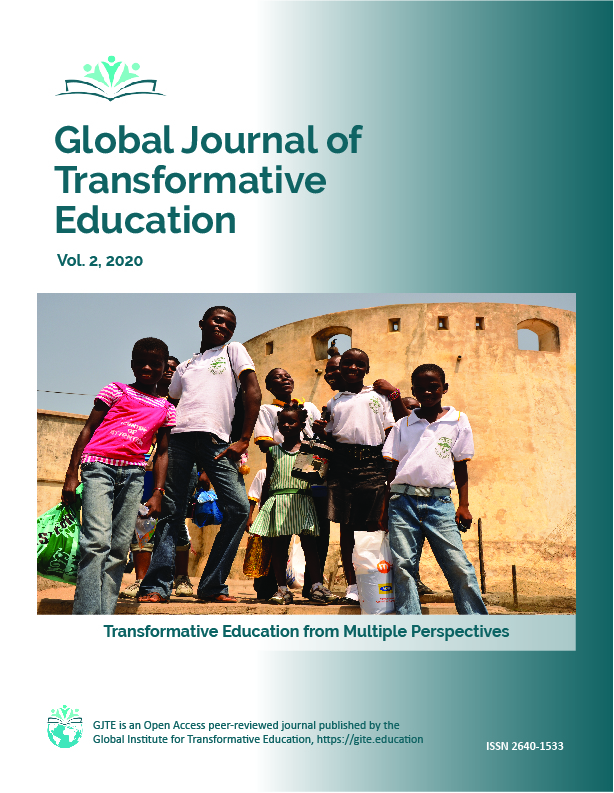Classroom Democracy and Learning Outcomes in Primary Schools in Francophone Africa
Main Article Content
Abstract
Inspired by the UN Charter on the Rights of the Child, educational policy makers in Africa are requesting schools to implement democratic practices in the classroom. This study attempts to shed light on the effects of classroom democratic practices on cognitive and non-cognitive learning outcomes using cross-sectional data from Francophone African countries. To simultaneously account for endogeneity and the nested nature of the data which are issues inherent in the schooling process, use is made of the error components-two stage least squares estimator. The results confirm the endogenous nature of learning outcomes and indicate that teachers and parents are the most important stakeholders in the process of having children internalize democracy in the classroom. It is recommended that teachers develop skills to assign and supervise pupils work in small groups in the classroom. Education stakeholders should take measures to preserve and promote indigenous cultural values because they facilitate learning achievements.
Downloads
Article Details
The Global Journal of Transformative Education (the “Publisher”) and the Author(s) agree as follows:
1. Publication and Promotion: In consideration of the Publisher’s agreement to publish the Work, Author hereby grants and assigns ¬to Publisher the non-exclusive right to print, publish, reproduce or distribute the Work throughout the world in all possible formats by any method now known or hereafter developed, including electronic and print formats, and to market or sell the Work or any part of it as Publisher sees fit. Author further grants Publisher the right to use the Author’s name in association with the Work in published form and in advertising and promotional materials.
2. Copyright: Copyright of the Work remains in Author’s name.
3. Prior Publication and Attribution: Author agrees not to publish the Work in print or electronic form prior to publication of the Work by the Publisher. Author agrees to cite, by author, title and publisher, the original Global Journal of Transformative Education publication when publishing the Work elsewhere.
4. Author Representations: The Author represents and warrants that the Work: (a) is the Author’s original Work and that Author has full power to enter into this Agreement; (b) does not infringe the copyright or property of another; (c) is accurate, and that any research or investigation conducted for the purpose of the Work abides by the guidelines and regulations of the Institutional Review Board and/or the Institutional Animal Care and Use Committee; (d) contains no material that obscene, libelous, defamatory or previously published, in who or in part, except when written permission for reprinting is provided from another publisher. Author is responsible for requesting and providing such permission to the Publisher. Author shall indemnify and hold Publisher harmless against loss of expenses arising from breach of any such warranties.
5. Licensing and Reuse: Unless another option is selected below, reuse of the published Work will be governed by a Creative Commons Attribution – NonCommercial NonDerivative 4.0 International License (https://creativecommons.org/licenses/by-nc-nd/4.0/legalcode). This license lets other us contents of the Work without revision, although new works must acknowledge the original Global Journal of Transformative Education publication and be non-commercial; they do not have to be licensed on the same terms. (Author understands that this license permits other users to modify the Work in copies shared publicly.)

